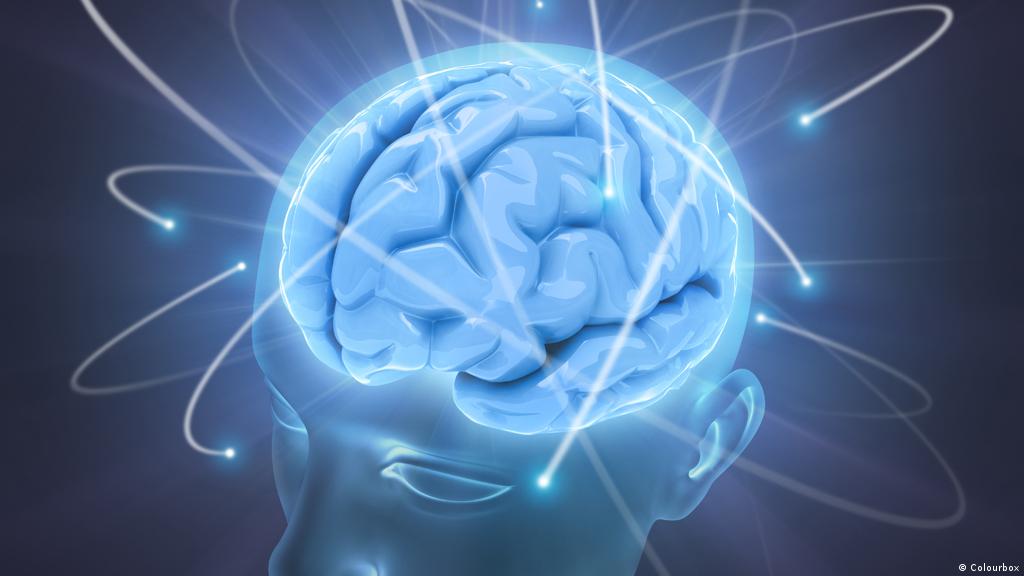A group of neuroscientists uncovered certain areas of the brain that share a mechanism involved in combining words from a single language and also from more than one language.
Posted in eNeuro, the lead author associated with the study, based in New York University, said “Our brains are capable of engaging in multiple languages.”
“Languages may differ in what sounds they use and how they organize words to form sentences. However, all languages involve the process of combining words to express complex thoughts,” the study’s lead author also mentioned in an NYU release.
The findings had been established through the testing of neural activity of Korean and English bilingual subjects.
During the study, a variety of word combinations and pictures were displayed on a computer screen, in which the participants were asked to match the correct words shown.
The brain activity of the subjects was measured using magnetoencephalography during the experiments.
Researchers were able to determine that the same neural mechanism involved in interpreting mixed-language expressions was also implicated in interpreting single language expressions.
The findings also showed that the brain’s left anterior temporal lobe was insensitive to the origination of the words if stemming from a single language or differing languages.
“The brain uses a shared mechanism for combining words from a single language and for combining words from two different languages, indicating that language switching is natural for those who are bilingual,” the NYU research team concluded.


